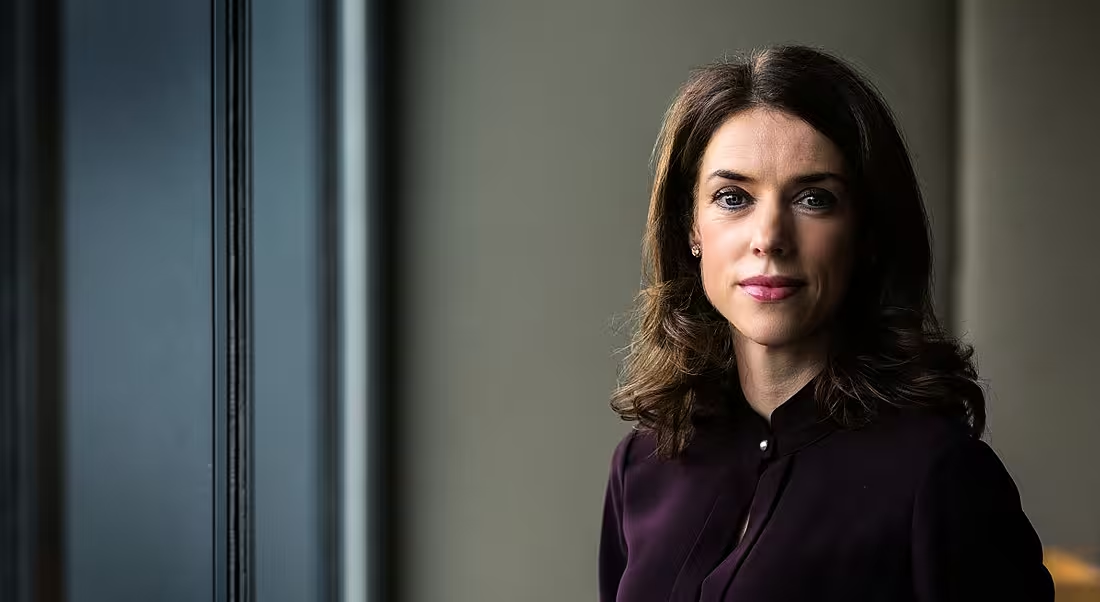Head of State Street Global Advisors Ireland, Ann Prendergast, says the inclusion of women on boards has acted as a ‘smokescreen’, distracting from the serious change that is needed.
In the lead-up to International Women’s Day this weekend (8 March), there have been plenty of stories highlighting women in positions of leadership.
However, we might need to look beyond the appointments of women to executive roles and boards to get a clearer view of equality in Ireland, according to Ann Prendergast.
As senior managing director and head of State Street Global Advisors Ireland, Prendergast has outlined what she believes is a major problem for the country.
The promotion of women to board-level positions, she said, is often used as a “smokescreen” to create a false image of diversity, inclusion and belonging in a business, and the people in power must be more direct in how they’re addressing this issue and aim to accelerate change throughout their organisation.
Commenting on the issue of diversity in businesses and organisations, Prendergast noted that her team is “pleased with the progress” that many have made so far, but “appreciates there is much more to do”.
“As shareholders of significant publicly listed businesses, we play a significant role in appointments to senior board positions,” she said.
“Since 2017, we have identified almost 1,400 companies with no women on their boards and informed them that we will vote against them if they didn’t address board diversity. Since then, more than 570 of those companies have added a female director or committed to doing so.”
Erosion of progression
Prendergast added that although women’s representation and inclusion on boards is a necessary and important breakthrough, it has led to commitments to progression in workplaces overall being “eroded”.
Ireland is still lagging behind in terms of equality at board level among EU member states, according to the Better Balance for Better Business working group. As of 2019, women constituted just one-fifth of boards in Ireland.
Prendergast said she fears there may be an assumption that this imbalance improves at lower and middle-management. The issue, she added, is that boards are the only business levels monitored for gender equality. For that reason, companies may be prioritising inclusion of women on their boards but failing to address the issue when it comes to other leadership roles throughout the company.
“For years, we have sought equal representation for women who are capable and skilled in the areas they work,” Prendergast said.
“In recent times, however, this has meant that companies have used representation at board-level as a smokescreen for holistic and thorough change, meaning a significant gap has remained between lower and middle management and board level. This is something we’re dedicated to changing.”
‘Every organisation’s responsibility’
Prendergast is due to deliver a keynote speech at the Association of Chartered Certified Accountant’s (ACCA) International Women’s Day event in Dublin this Friday, sharing insights from her own career and discussing how businesses can tackle gender imbalance in the boardroom.
The International Women’s Day event is, according to ACCA Ireland head Caitriona Allis, is an important yearly ritual.
“It’s every organisation’s responsibility to support diversity and review the opportunities for women, and indeed all other under-represented groups,” Allis said. “Marking International Women’s Day every year gives an opportunity to take stock and make sure we’re addressing obstacles to diversity.
“At ACCA, our membership base is 63pc female worldwide and we recognise the positive impact in having a strong gender balance in the workplace, with life experiences, job skills and perspectives that are unique and different.”




